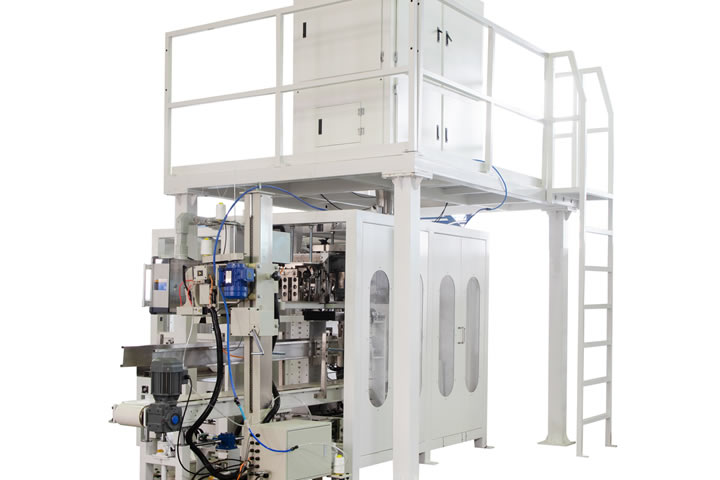50¡æ temperature difference test of life and death
On the edge of the Tamanrasset Desert in Algeria, the nut processing factory of the Nabil family is experiencing a test of life and death. The workshop temperature soared to 58¡æ at noon and dropped sharply to 8¡æ during the night shift. The packaging machines imported from Europe frequently experienced film breakage and metering errors, causing them to miss the golden order of Ramadan for three consecutive years. Before the rainy season in 2023, Nabil wrote in an urgent email to Ply-Pack: "We need machines that are truly made for the desert."

Reverse R&D Breakthrough
After 72 hours in the workshop, the Ply-Pack technical team discovered the overlooked truth: European equipment is not inadequate in performance, but excessively pursues standardization. In an extreme environment with a temperature difference of 50°C between day and night, the traditional constant temperature compensation module has to perform 38 calibrations per hour, which accelerates the wear of transmission parts.
"Instead of letting the equipment fight against the environment, it is better to teach them to adapt to the environment." Technical Director Zhang Gong led the team to reversely develop the "Desert Eagle" intelligent packaging system. By combining mechatronics transformation with climate prediction algorithms, the equipment can predict temperature changes 2 hours in advance and dynamically adjust the heat sealing knife pressure coefficient. In the simulation test, the film material loss rate dropped from 17% to 2.3%.
Technological Revolution in the Desert
Ply-Pack's transformation plan is full of oriental wisdom:
.Reconstruct the electric control cabinet with aviation-grade insulation materials to control the internal temperature difference fluctuation within ±3¡æ
.Install self-lubricating ceramic guide rails on the film feeding mechanism to completely prevent sand and dust invasion
.The original "Camel Mode" energy-saving system reduces standby energy consumption by 62%
After the first modified prototype was running continuously in the workshop for 240 hours, Nabil deliberately placed a thermometer on the operating screen for real-time monitoring - the number was fixed at 56¡æ in the afternoon, and the equipment was still outputting steadily at a speed of 58 bags per minute. Abdullah, the workshop supervisor, touched the hot body and exclaimed: "These Chinese machines can endure more than camels!"
The hidden layout of localized operation and maintenance
Equipment delivery is just the starting point. The "double pyramid" service system built by Ply-Pack in Algeria has begun to show results:
·Top: Algiers set up a spare parts center to reserve 89% of commonly used modules
·Base: Train 3 local "technical chiefs" to master basic fault diagnosis
·Hidden line: The IoT module built into the equipment automatically pushes warnings for replacement of worn parts
On the eve of Ramadan this year, when sandstorms caused regional network outages, it was the local technical chief Rashid who used Ply-Pack's original "blind operation diagnosis method" to restore the production line within 20 minutes. "You have written the maintenance guide into our cultural code." Nabil's evaluation in the renewal email confirms the true value of localized technical support.
Today, the six Ply-Pack production lines in Nabil's factory are churning out the best almonds in North Africa, and the "Made in China" logo on the packaging bag complements the Arabic pattern. On the digital screen at Ply-Pack's Nantong headquarters, the real-time health index of the Sahara workshop equipment always maintains a green curve of 98.7% - this technological artery spanning 8,000 kilometers is rewriting the desert survival rules of smart packaging.

